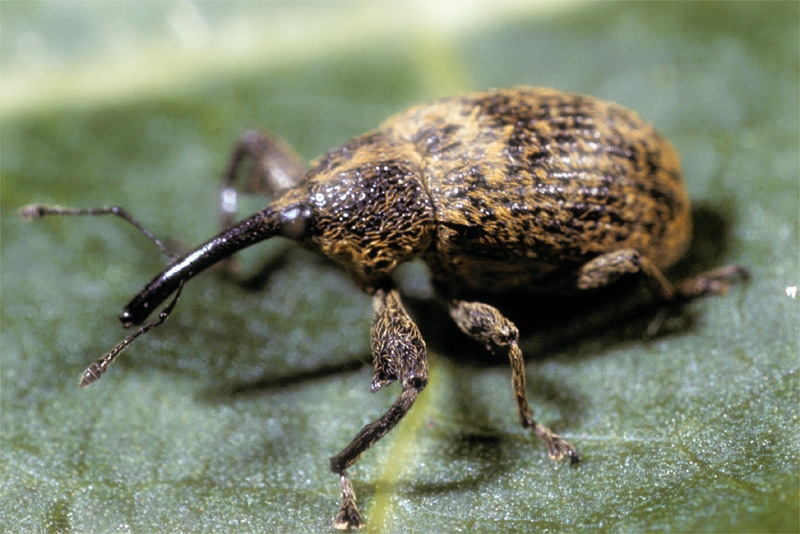
Louisiana Gov. Bobby Jindal intends to divert $766,000 in boll weevil eradication funds to help balance the state’s budget.State legislators and the cotton industry are trying to block the attempt, saying the money is needed to protect against re-infestation of the pest.The boll weevil has been eradicated from Louisiana, but cotton producers still pay $6 an acre to monitor against re-infestation.

The Louisiana state legislature, Agriculture Commissioner Mike Strain and cotton industry leaders are trying to halt an attempt by Gov. Bobby Jindal to divert $766,000 in boll weevil eradication funds to help balance the state’s budget.
According to an article in The Advocate in Baton Rouge, the move is part of a fund sweep of more than $198 million from boll weevil and other funds to help pay for health care and other expenses.
The bill for moving the money is House Bill 822, sponsored by Rep. Jim Fannin, D-Jonesboro. Fannin noted, “That was the governor’s bill. It’s just in my name.”
Two bills have emerged to keep the boll weevil money out of the governor’s reach. Senate Bill 646, sponsored by Senate Agriculture Committee chairman Francis Thompson, D-Delhi and House Bill 1126, by state Rep. Andy Anders, D-Vidalia propose to move the money to the Louisiana Agricultural Finance Authority.
Louisiana cotton producers and the federal government have spent around $175 million to get rid of the pest. The last boll weevil caught in the state was in 2010, but cotton producers continue to pay a $6 per acre monitoring fee to insure that a re-infestation of the pest does not occur.
“We need this money to continue this program,” said Louisiana Agriculture Commissioner Mike Strain. “If you don’t monitor, it can be extremely bad.”
In fact, re-infestation of the boll weevil could cost the state millions of dollars, and perhaps lead to quarantines of Louisiana cotton production areas, say cotton industry leaders.
“I promised these farmers if they continued to pay the assessment I would protect it, and I’m going to do everything I can to do that,” Strain said. “We’ve finally reached eradication, and now this action would put all of that investment at risk. There are still boll weevils in Texas, our neighbor. The bottom line is it’s just not right. This is a voluntary assessment to protect our state. This isn’t our money. It’s the farmers’ money.”
Tensas Parish cotton producer Jay Hardwick, who is past chairman of the National Cotton Council, said “the possibility that this money could be swept is disconcerting, especially since producers made an agreement with state government to tax ourselves to fund the program.
“It’s misguided and short-sighted to gut the program just as we’re on the verge of wiping out the boll weevil in the United States. The notion of taking this money for another use is inconceivable to me. This money was meant to help preserve an industry that provides a consistent, meaningful revenue stream to the state year after year.”
The Jindal administration says it only wants money left over in the boll weevil fund from the previous fiscal year, and that the removal of money would not jeopardize funding for this year’s program.
About the Author(s)
You May Also Like





